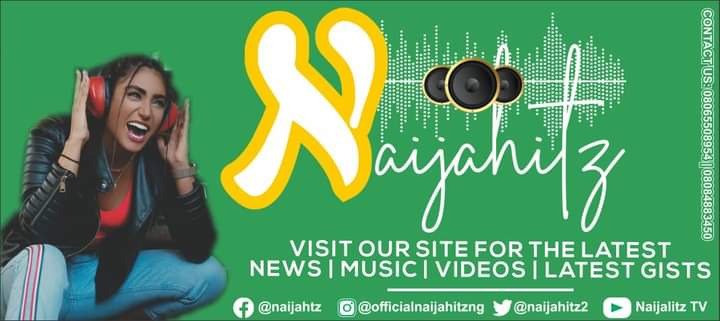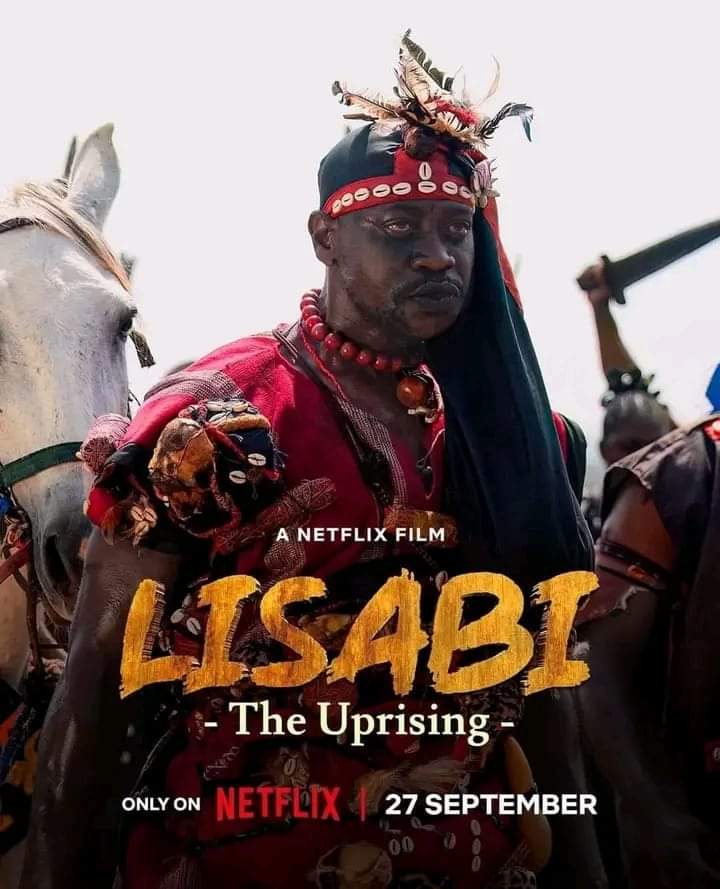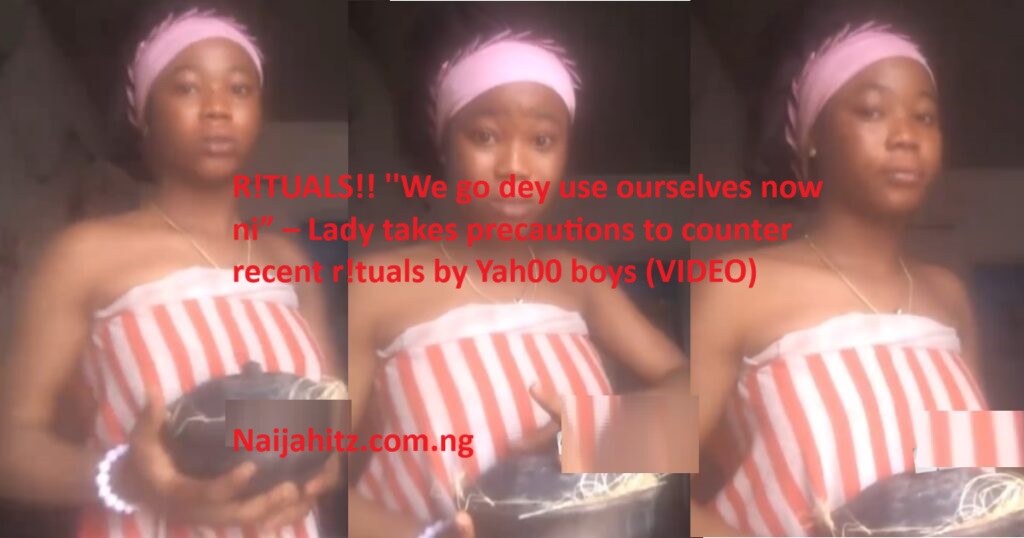Views on works of art vary from person to person, shaped by factors such as knowledge, taste, and other influences.
I appreciate the immense efforts and resources invested in the production of Lisabi. Nollywood has indeed undergone significant positive growth, particularly in terms of digital advancements.
However, I have observed a recurring pattern in the acting and storytelling in many of our films.
It seems that Femi Adebayo’s style has become quite pervasive, as watching Lisabi feels reminiscent of Agesinkole, Jagunjagun, Bashorun Gaa, and others.
Perhaps this is due to the frequent casting of the same set of actors, which reinforces similar performances and dynamics across these films.
Now, regarding language use, how many actors and actresses spoke the authentic Egba dialect as fluently as Lateef?
Odun, who can speak the Egba dialect, might have been better cast as Sokenu rather than Oloyo, especially since he didn’t use the Oyo dialect in any form for his role.
Ibrahim Chatta would have made a stronger Oloyo, rather than being cast as the Olori Ilari, given his (presumed) command of the Oyo dialect.
I also find it puzzling why he has been relegated to supporting roles lately
Equally, the use of music seems to lean more toward modernity rather than tradition, which sometimes detracts from the historical or cultural essence of the narratives.
As I have often mentioned, our filmmakers could benefit from studying dramaturgical sociology to better integrate performativity with theatrical dramaturgy to create a more nuanced and layered cinematic experience.
A cool effort.
I especially appreciate how Lateef has grown over the years in the world of theatre, where he has established himself as a major figure in both the art and craft.
We can do better.
We await the next phase.
Thank you.
Folorunso Fatai Adisa
#Adisa
#Lisabi




